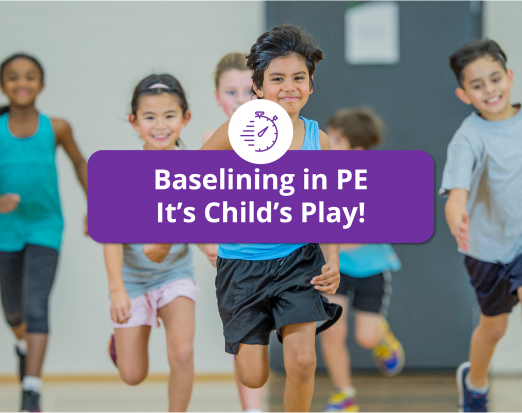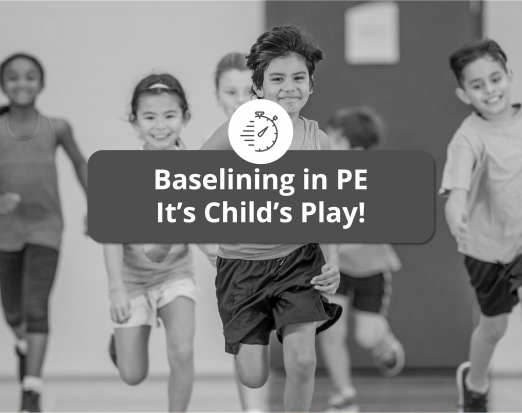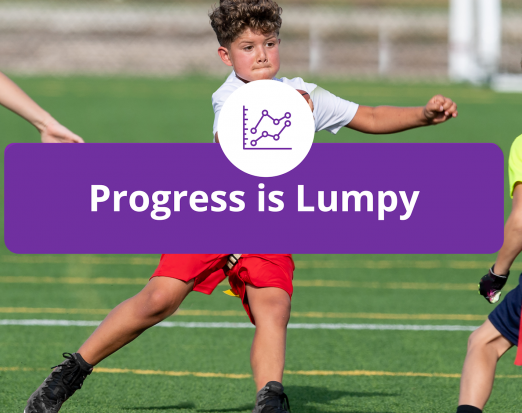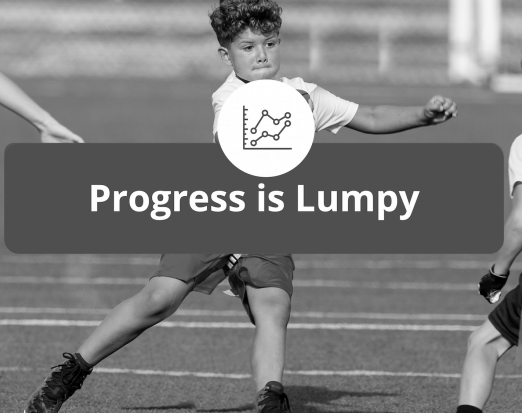OFSTED Annual Report 2017 says Weakest Schools Are Being Left Behind – Is Better PE the Solution?

This week, the OFSTED Annual Report was released to an increasingly weary teaching industry. What with budget cuts, staff shortages, and spiralling numbers of disadvantaged students, it is a tricky time for educators.
The findings of the report are a mixed bag. According to OFSTED Chief Inspector Amanda Spielman, 90% of primary and 79% of secondary schools are getting top scores.
Unfortunately, the gap between these institutions and the remaining 31% is growing. The fear, then, is weaker schools could fall so far behind that government interventions prove fruitless.
The Cinderella Subject
We’ve talked about the almost divorced nature of physical education before and the tendency to treat the subject as an outlier. For many parents, a child struggling with maths or science is a worry. Yet, if that same child were to excel in academic subjects and flounder in PE, there wouldn’t be as much concern.
This speaks to our underwhelming perception of physical literacy. We claim to understand its significance, but PE is often the first victim of budget cuts. We saw this back in 2010, when Michael Gove axed government funding for sport.
Yet, every year, new research reinforces the link between physical education and academic performance. The two cannot be separated because movement is vital for a healthy brain.
Studies show regular exercise builds confidence, improves concentration, and helps children behave better in lessons.
Kids who move more get better grades.
Why Physical Education Fails Low Income Schools
This propensity for undervaluing PE means the poorest schools are making deep cuts to the subject. They are spending less on staff training, sports equipment, and support for students with unique needs.
As a result, kids are finding it hard to focus and behaving poorly in class because they don’t have an outlet for their energy.
Too often, low income students are treated as naturally naughty. Yet, the truth is developing brains need more than books. They’re built for climbing, running, jumping, spinning, and kicking. Before kids learn to read or write, they use physical play to develop the motor skills needed for both.
Physical activity is not secondary to academic performance.
It is the fuel needed to sustain it.
The Role of Specialist Coaches
The government wants teachers to move away from using coaches as a crutch for lesson planning and assessment. However, third party consultants, training, coaching, and advice can be employed for upskilling and continuous development.
Amaven works with schools of all sizes to raise physical literacy levels and get kids moving. We combine innovative software with ‘on the ground’ assessments, data tracking tools, and personalised activity plans.
According to the Fit and Healthy Childhood campaign, personalised PE programmes are the secret to success. This is precisely what Amaven delivers, bespoke physical literacy plans that overcome all boundaries and limitations.
To find out more about our Healthy Schools programme, get in touch. You can call us directly on 0161 300 9712. Or, drop us a message at info@amaven.co.uk.
Join Our Healthy Schools Programme for FREE!
We want every child to feel healthy, be active and live life to the full! It's why we launched the Amaven Healthy Schools Programme.
It aims to increase physical activity in schools and provide pupils with a deeper understanding of fitness, movement, healthy eating, emotional wellbeing and more. Alongside FREE access to Amaven software, you'll receive:
- Wellness Kickstart Day Hosted by Amaven Coaches
- Onsite and Online CPD for Teachers
- Impact Reports for Evidencing PE Spending
- Exclusive Lesson Plans & Resources
- Personalised Home Activities for Pupils
- Bespoke Health & Wellbeing Strategy





